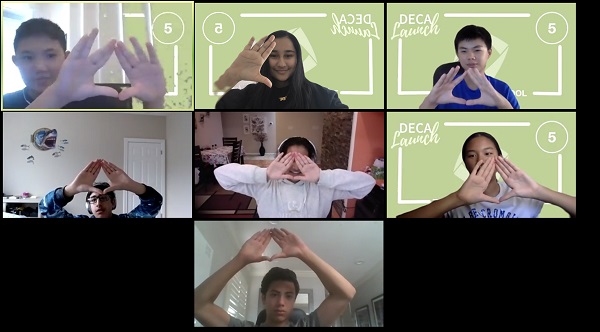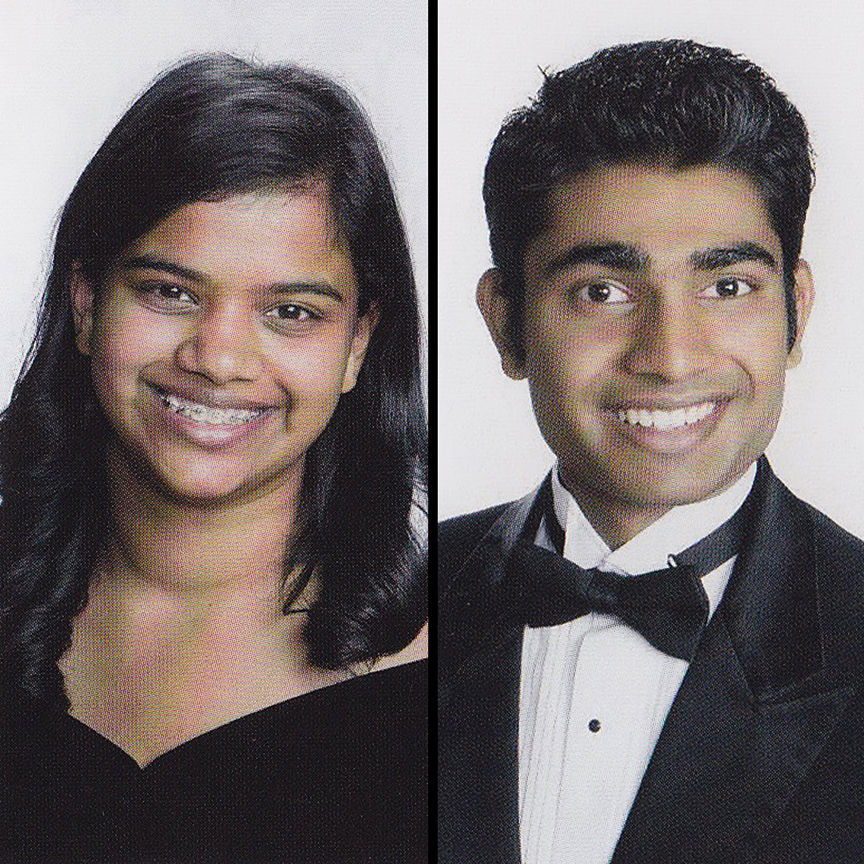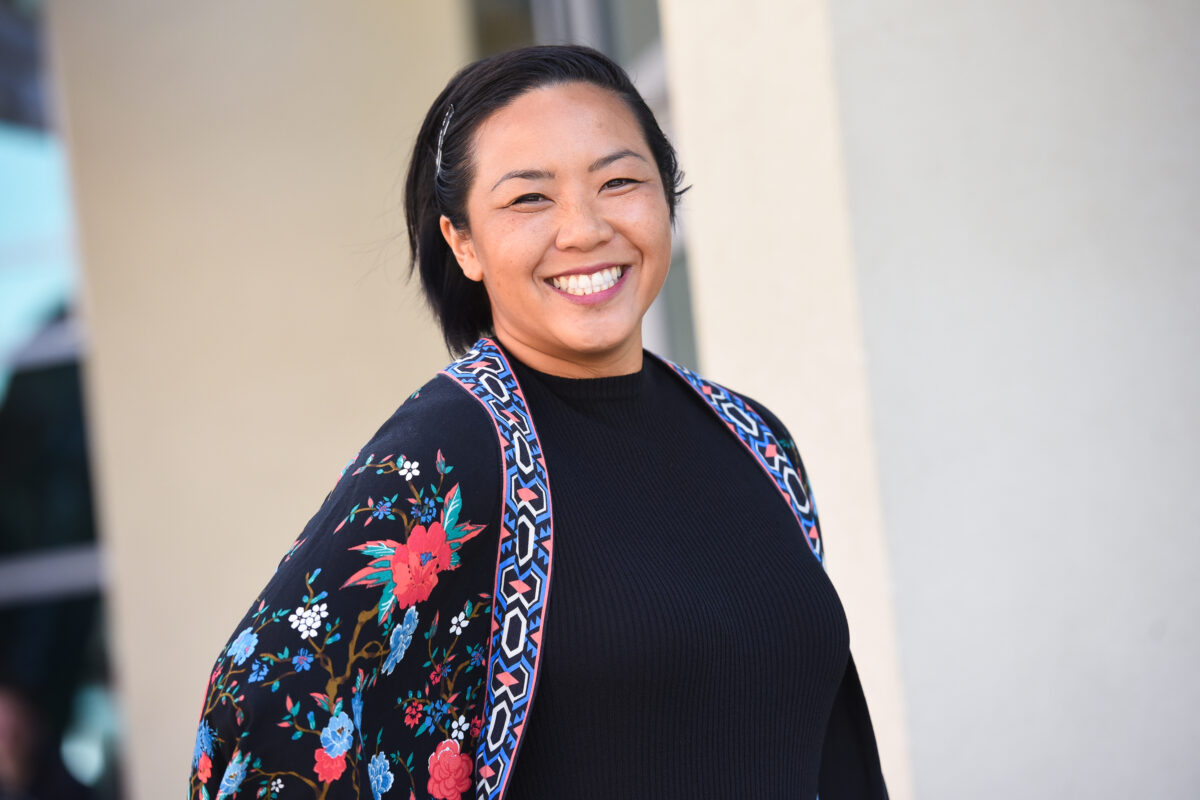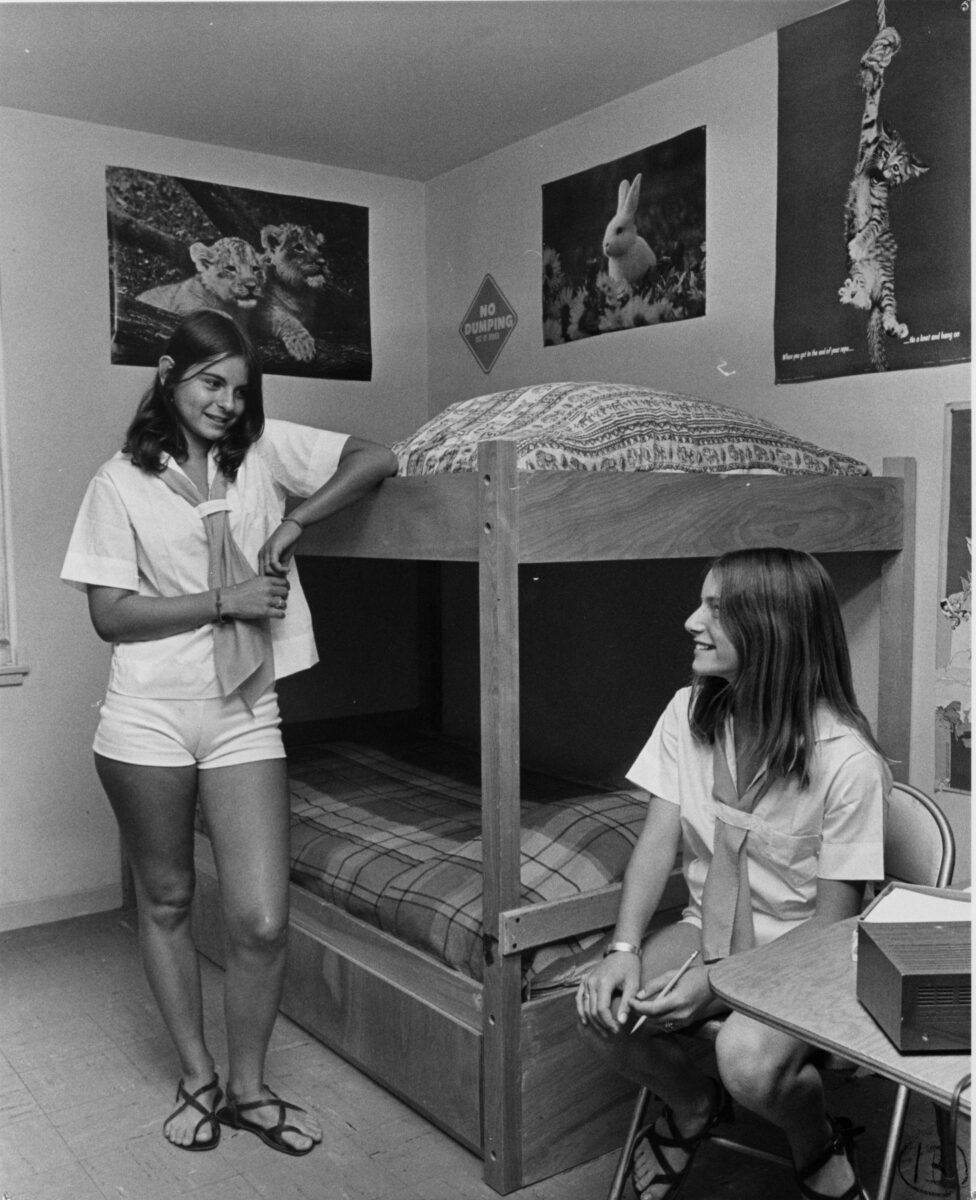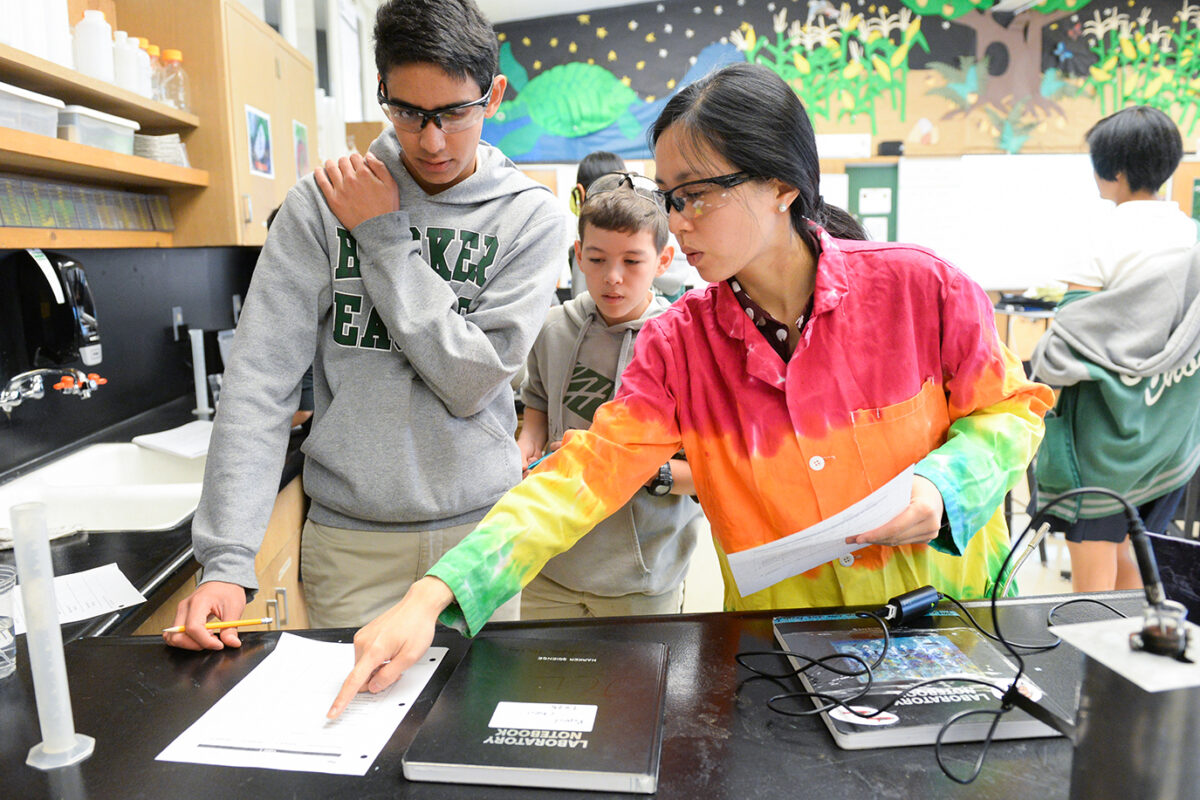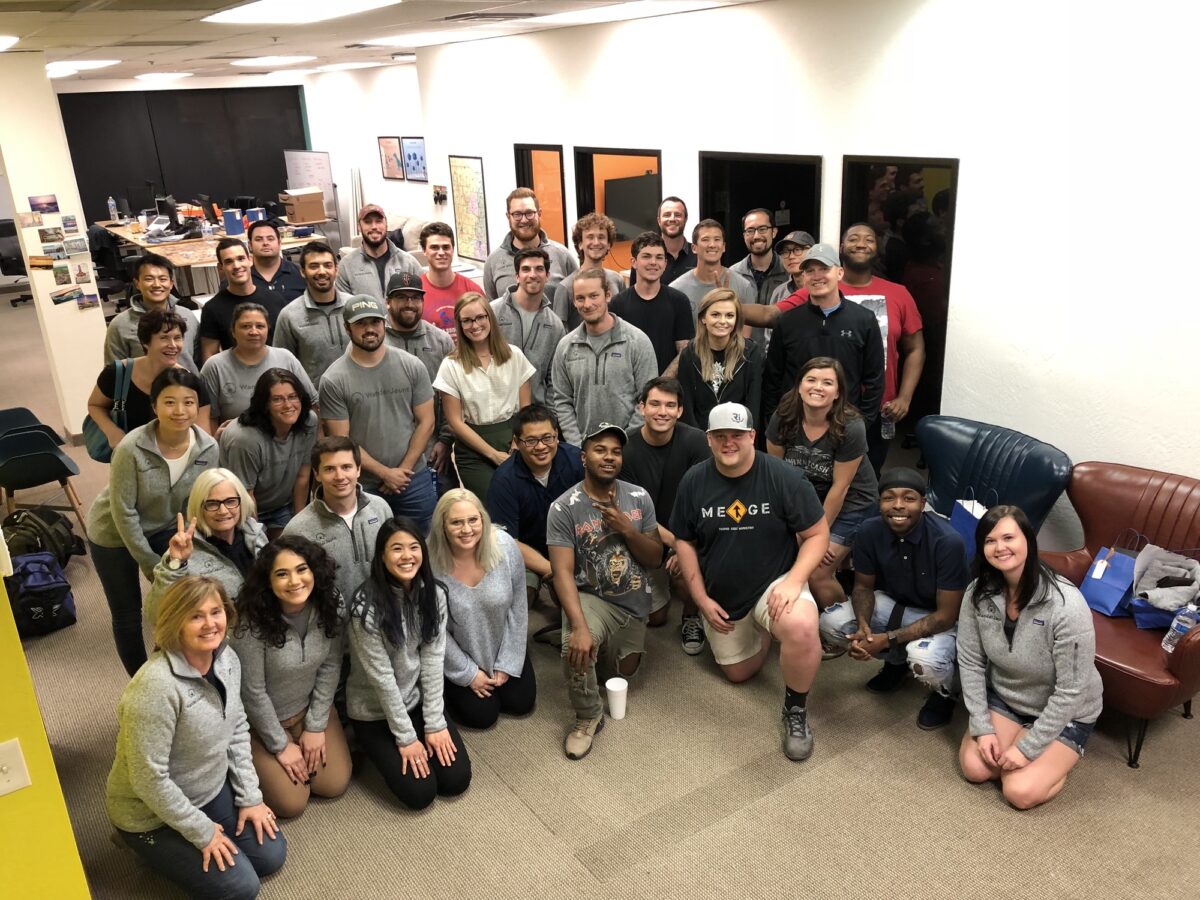On Wednesday, Joelle Anderson ’17 was taken in the third round (26th overall) by the Houston Dash in the NWSL (National Women’s Soccer League) draft.
Alumni
Fun and learning at annual DECA Launch event
From Aug. 15-16, 70 students attended Harker DECA’s seventh annual launch event, which is designed to introduce prospective members to DECA and The Harker School’s business, economics and entrepreneurship department.
Alumni raising funds for Black Lives Matter, The Bail Project and Campaign Zero
Alumnae-founded tutoring service seeks to help those impacted by COVID-19
Alumna-founded nonprofit seeks to improve efficacy of surgical masks
Alumni receive Dean’s Award from University of Pennsylvania for academic excellence in service and innovation
Two Harker alumni were given Dean’s Awards for Academic Excellence by Wharton/University of Pennsylvania School of Undergraduates this spring.
Tiffany Duong ’02 visits to share career retrospective, offer guidance
Tiffany Duong ’02 paid a visit to the upper school on March 8 to give a talk about her career path, current work and future goals.
Home sweet school: Harker boarders reminisce – a Harker Magazine feature
From 1893 to 2002, Harker’s boarding program was integral to its commitment to academic excellence and personal character development. From eating family-style meals and watching TV in the rec room to Bear Valley skiing trips and getting ready for school dances, the shared experiences of Harker boarders had the power to transform young lives.
Back to school: Harker alumni return to campus as faculty, staff – a Harker Magazine feature
Alumnus parlays startup expertise into WanderJaunt, a classy short-term rental service
In a Harker alumni chain reaction, following his employment at DoorDash, Barrett Glasauer ’09 has co-founded WanderJaunt, which partners with property owners to maximize value for short-term rentals.

